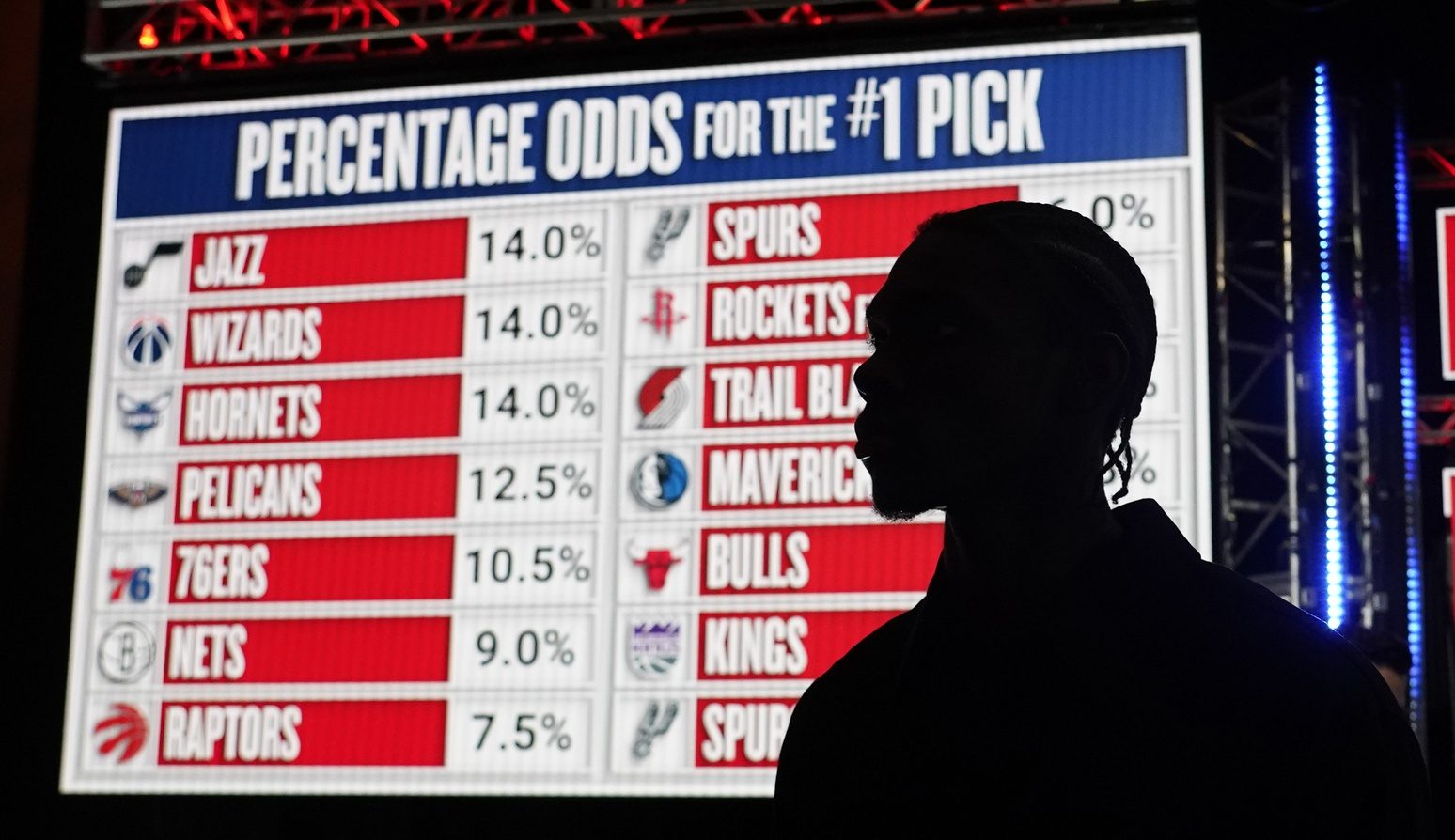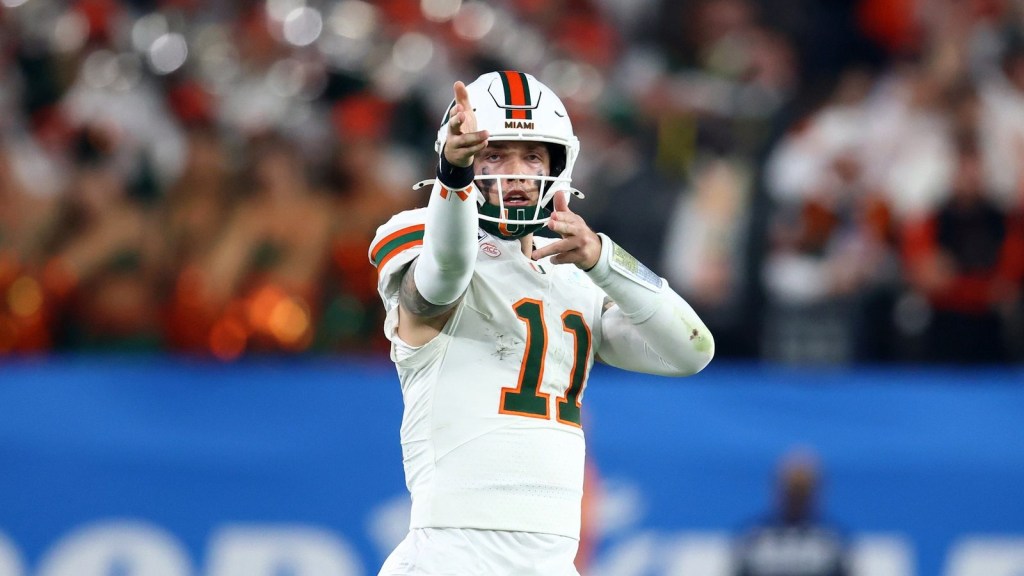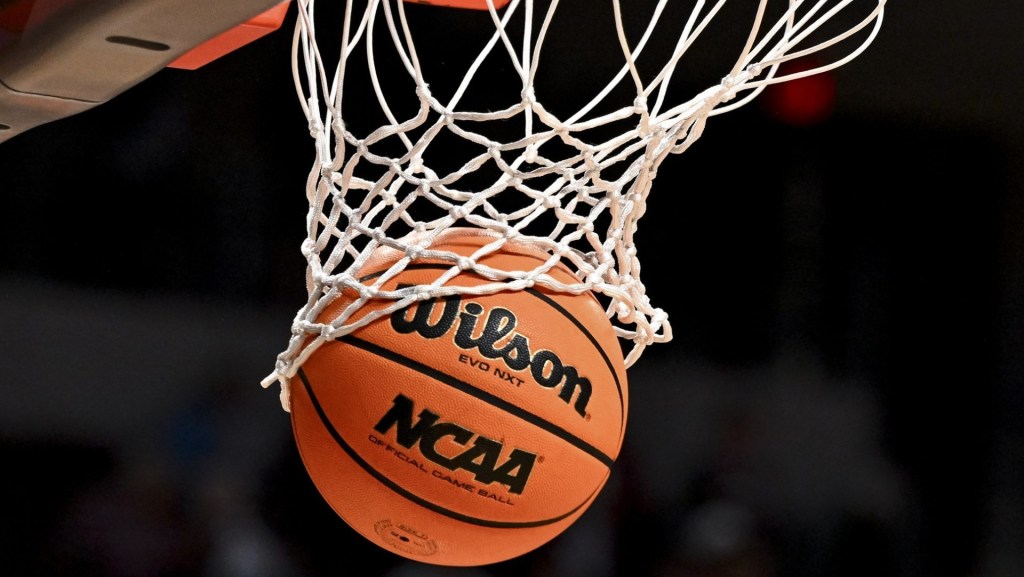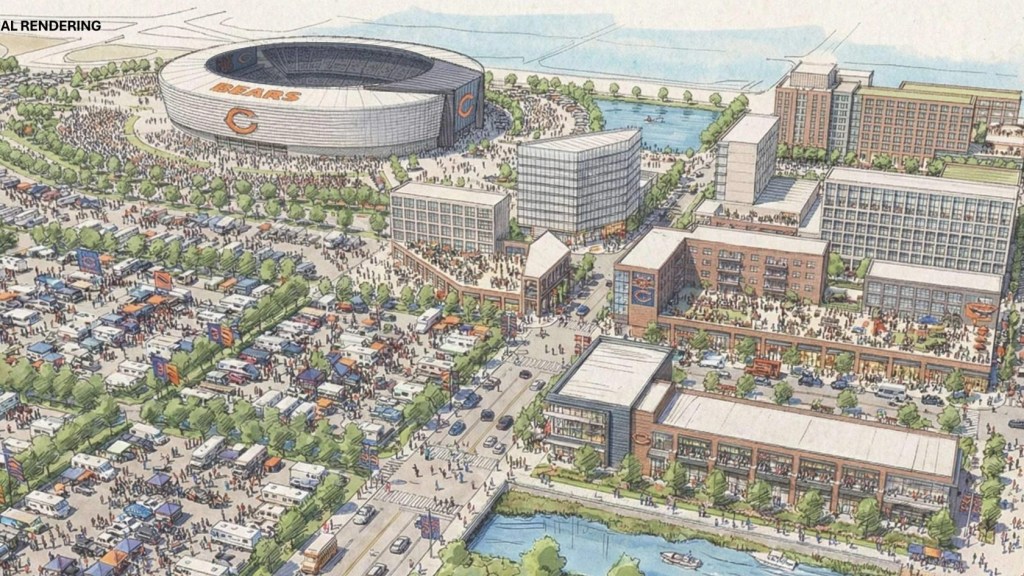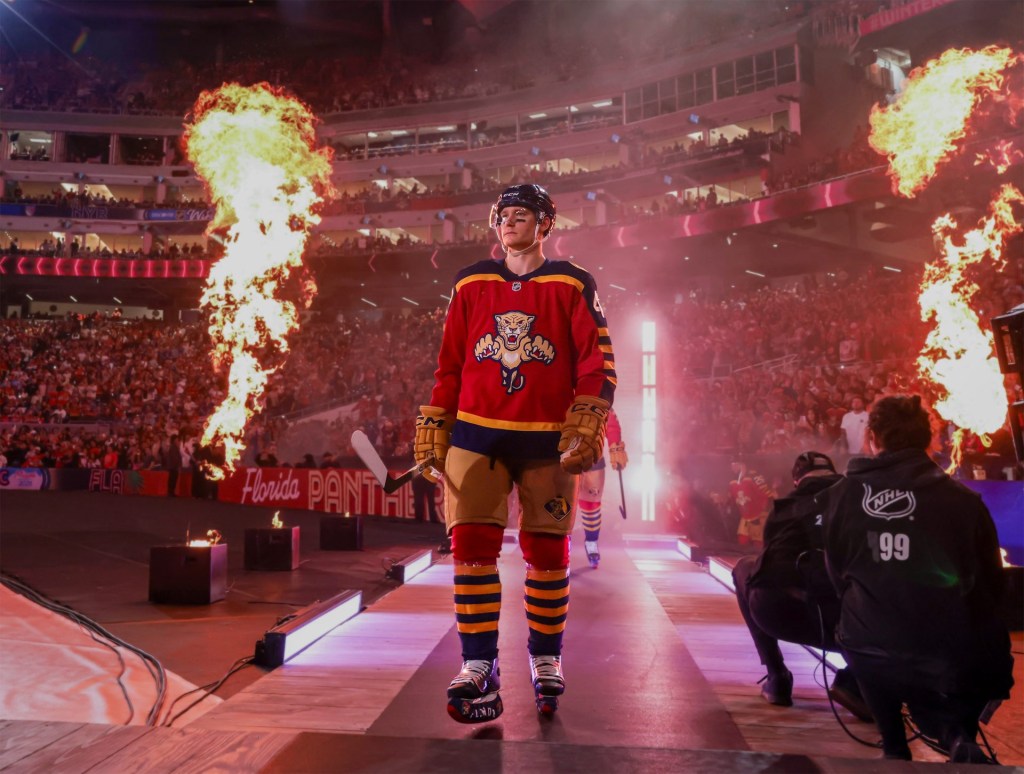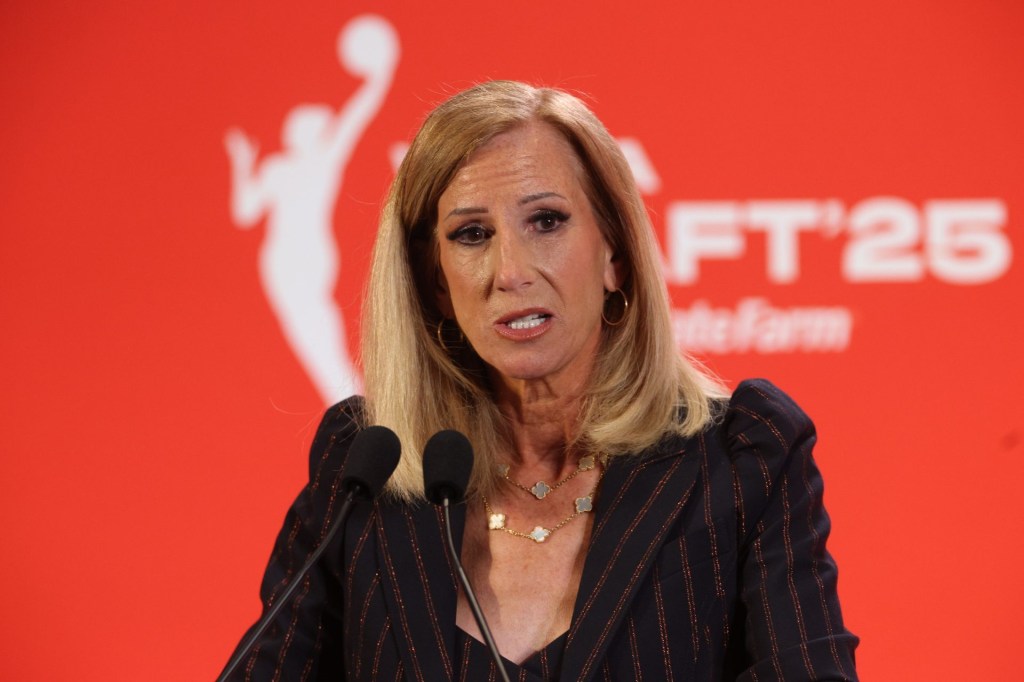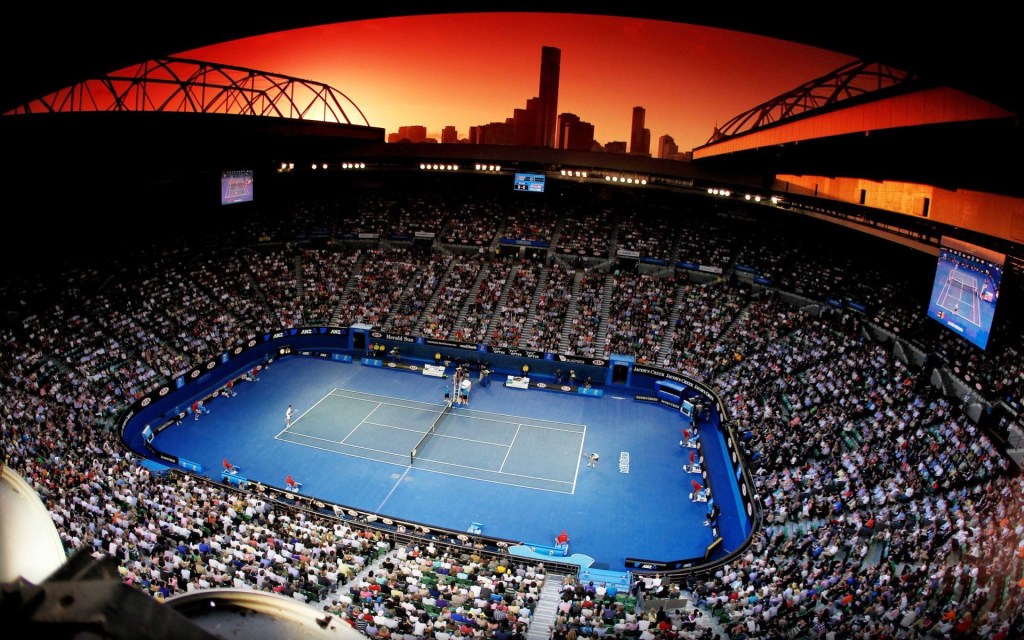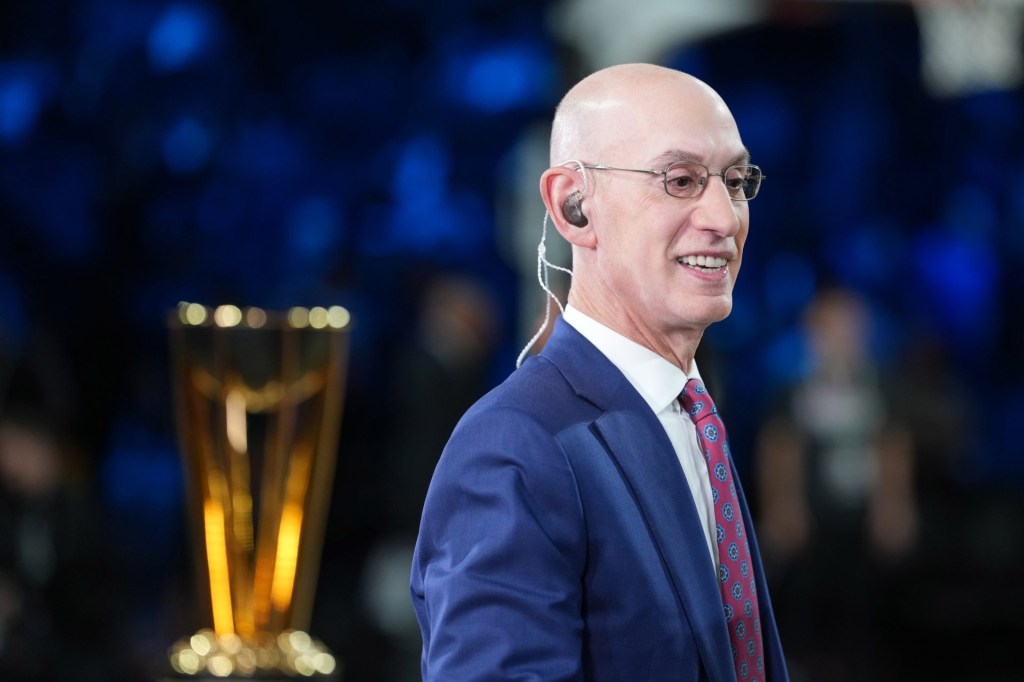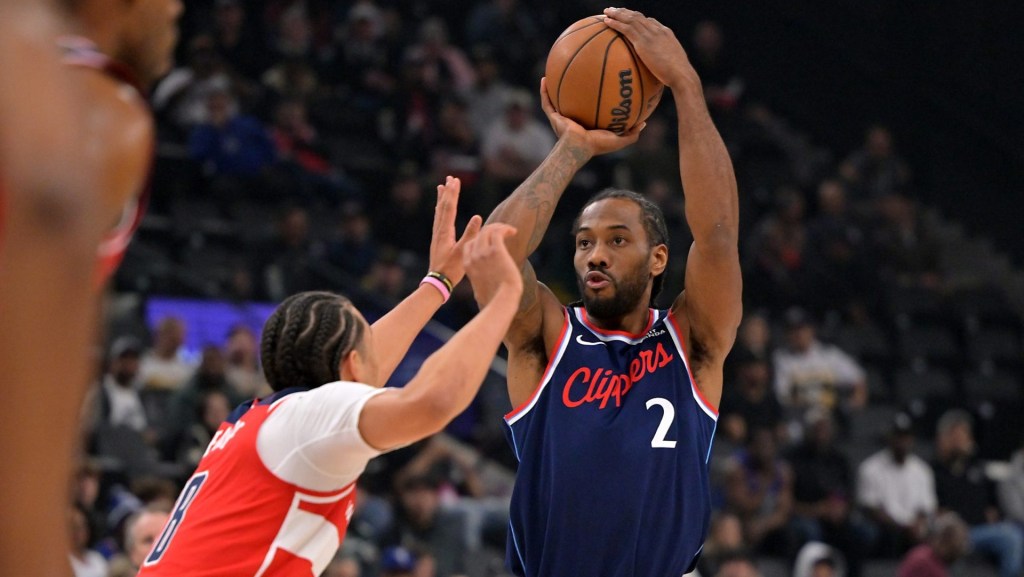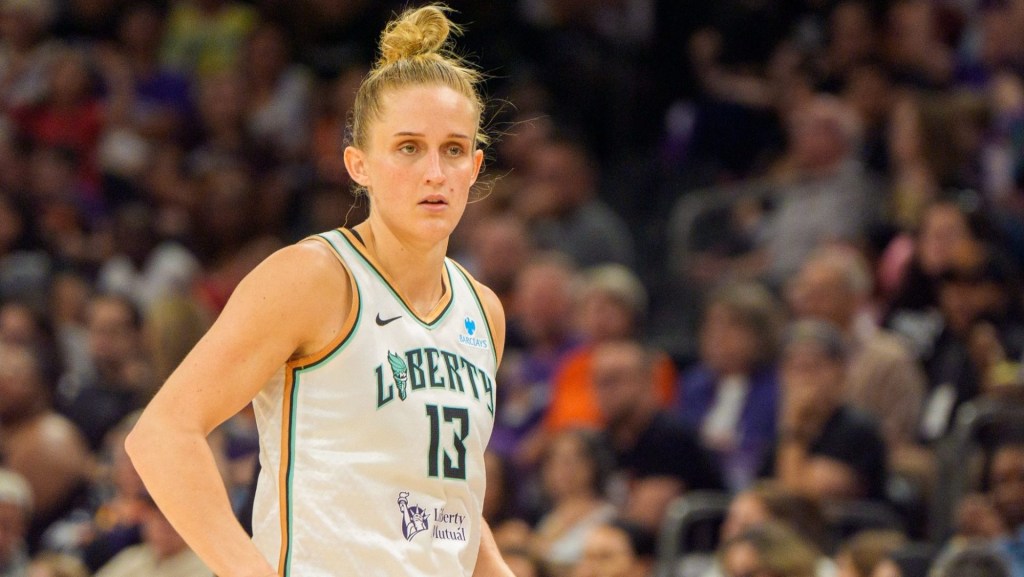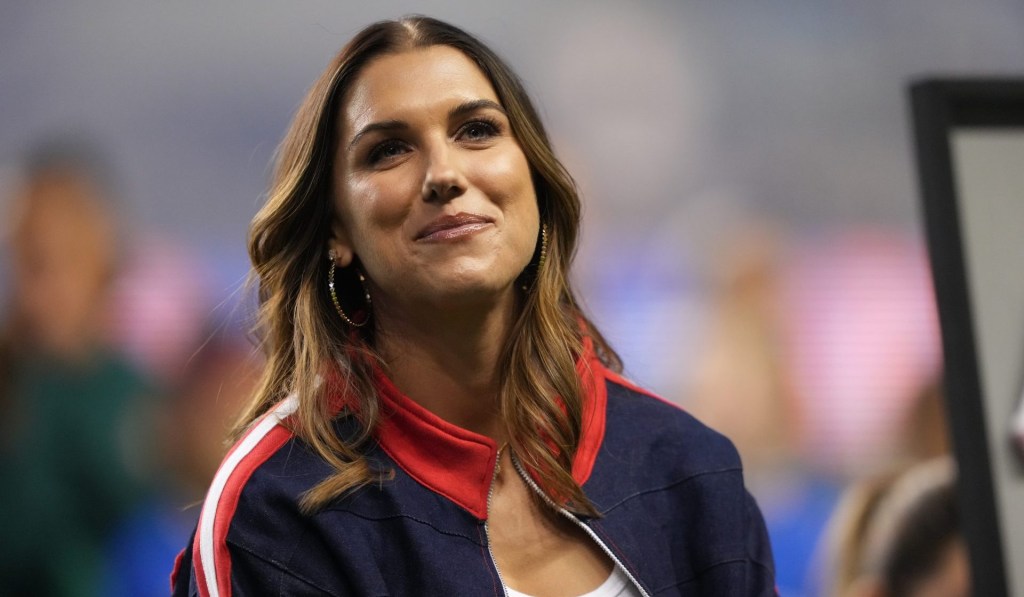In the aftermath of the Mavericks’ draft lottery win Monday, the NBA world called foul.
Dallas, coming off months of turmoil from February’s stunning Luka Dončić trade, wound up with the right to select Cooper Flagg, its new franchise cornerstone, despite just a 1.8% chance at the No. 1 pick.
This is on top of several examples of coincidental lottery winners in the past, including the Pelicans in 2012, soon after they were briefly owned by the league, then again in 2019 after Anthony Davis asked for a trade. (Davis was traded to the Lakers after New Orleans won the lottery.)
The idea that the NBA draft lottery can be rigged would involve enough trickery, subterfuge, and complicity to be implausible, considering how transparent the league has been with its selection process. Several outlets have chronicled the league’s selection setup, which involves cameras and media members in the room when the Ping-Pong balls shoot out of the lottery machine.
Assessing the Rules
Assuming fair play, Monday’s results still highlight a lottery rules issue.
In 2019, the league instituted “flattened” lottery odds, which lowered the likelihood for teams with the worst records to secure the top picks. Previously, the odds for the three worst teams to win the lottery were 25%, 19.9%, and 15.6%, respectively. The current rules have all three tied at 14%.
Before the change, the team with the worst record had won four straight lotteries. That has not happened since. (Teams tied for the best odds have won the lottery between 2020 and 2023, while the Hawks won last year with 3% odds.)
However, the objective of the rule change was to discourage teams from tanking or deliberately losing to get better draft odds. Teams have continued to tank, particularly during seasons with blue-chip prospects at the top of the class.
The change also extended how far teams could fall down the order. Because the top four are determined by lottery odds, the team with the worst record still has a 47.9% chance to fall to fifth, exactly what’s happened for three straight years.
This creates a nightmare scenario for several franchises stuck in the cellar, forced to wait another year to luck out for a young franchise savior. This will likely be the case again for the Hornets, Jazz, Wizards, and Nets—and maybe even Raptors and Pelicans—who all fell in Monday’s lottery.
Defending the Rules
The counterargument is this may be exactly what the league intended. Teams may need to feel the inconsistency of betting on the lottery and instead look for another avenue toward contention.
The Pistons are the example for this counterpoint. They fell out of the top four for three consecutive drafts despite finishing with a bottom-two record every season. This year, the team ditched tanking, bet on its young core, added veterans, and made the playoffs for the first time since 2019.
“This rebuild that we’re on, we’re still in the beginning phases of it. There will be more and more rewards at the end of the tunnel, but six is the reward for where we’re at right now,” Wizards GM Will Dawkins said Monday.
